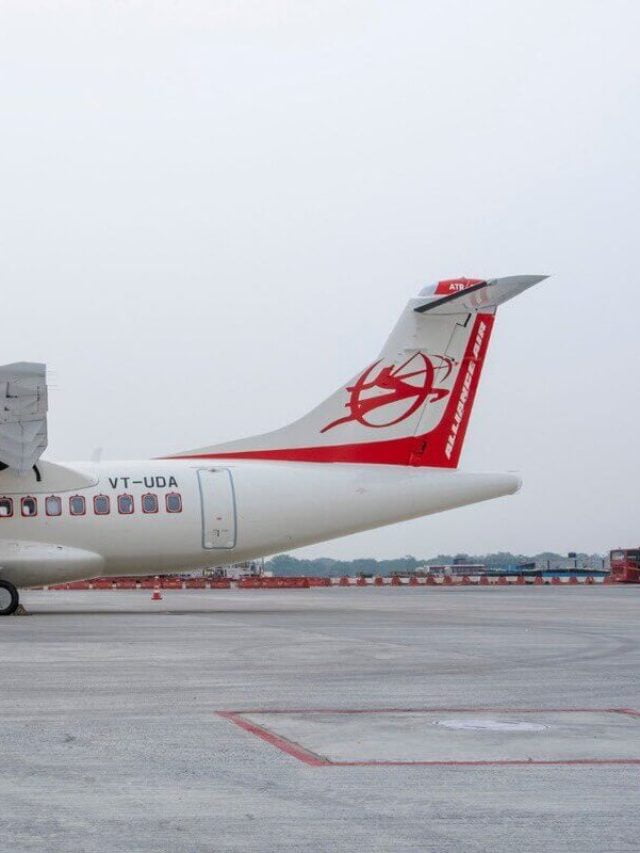
Amid the rising crude oil prices, the shares of aviation companies hit a new low. IndiGo’s shares went down 7% to Rs 1,838.75. SpiceJet shares had hit a 52-week low at Rs 57.70, down 5%. The oil price reached $90 a barrel for the first time in seven years, the reason of which is attributed to tight supply and rising political tensions between Russia and Ukraine. Aviation companies are hit badly as they utilize Aviation Turbine Fuel (ATF), a derivative of crude oil.
According to a report by the news agency Reuters, OPEC+ is finding it challenging to meet the monthly production targets. OPEC+ restored the distribution to various markets after the drastic reduction in 2020. The United States is more than a million barrels short of its record daily output.
The previous low for SpiceJet was on April 22, 2021, when its stock declined 12% and touched Rs 59.40. SpiceJet reported a consolidated net loss of Rs 1,301 crore in 2021-22, as against a loss of Rs 706 crore in H1FY21. “Continued restrictions imposed by India or other countries to prevent newer outbreaks may impact the international network expansion plan of SpiceJet and result in financial losses,” SpiceJet pointed out in its financial year 2020-21 (FY21) annual report.
The shares of IndiGo dipped 11% last week. The airline reported a consolidated net loss of Rs 4,610 crore against a loss of Rs 4,039 crore in the same period year ago.
Struggles continue for the Indian aviation industry
The aviation industry is still struggling to meet the pandemic impact and suffer from a subdued travel demand. The signs of recovery the airlines showed in the last two months of 2021 quickly died down, with the government announcing new restrictions to curb the spread of Omicron, the new COVID-19 variant. Several factors contribute to the agony of Indian airlines, such as adverse exchange rates, high competition, the arrival of new entrants, increase in the oil prices, resource crunch, unfavourable government regulations, and consolidation arising from the privatization of national carrier Air India. The struggles of pandemic seem to extend even in 2022, and the analysts do not predict much growth in any aspect.












